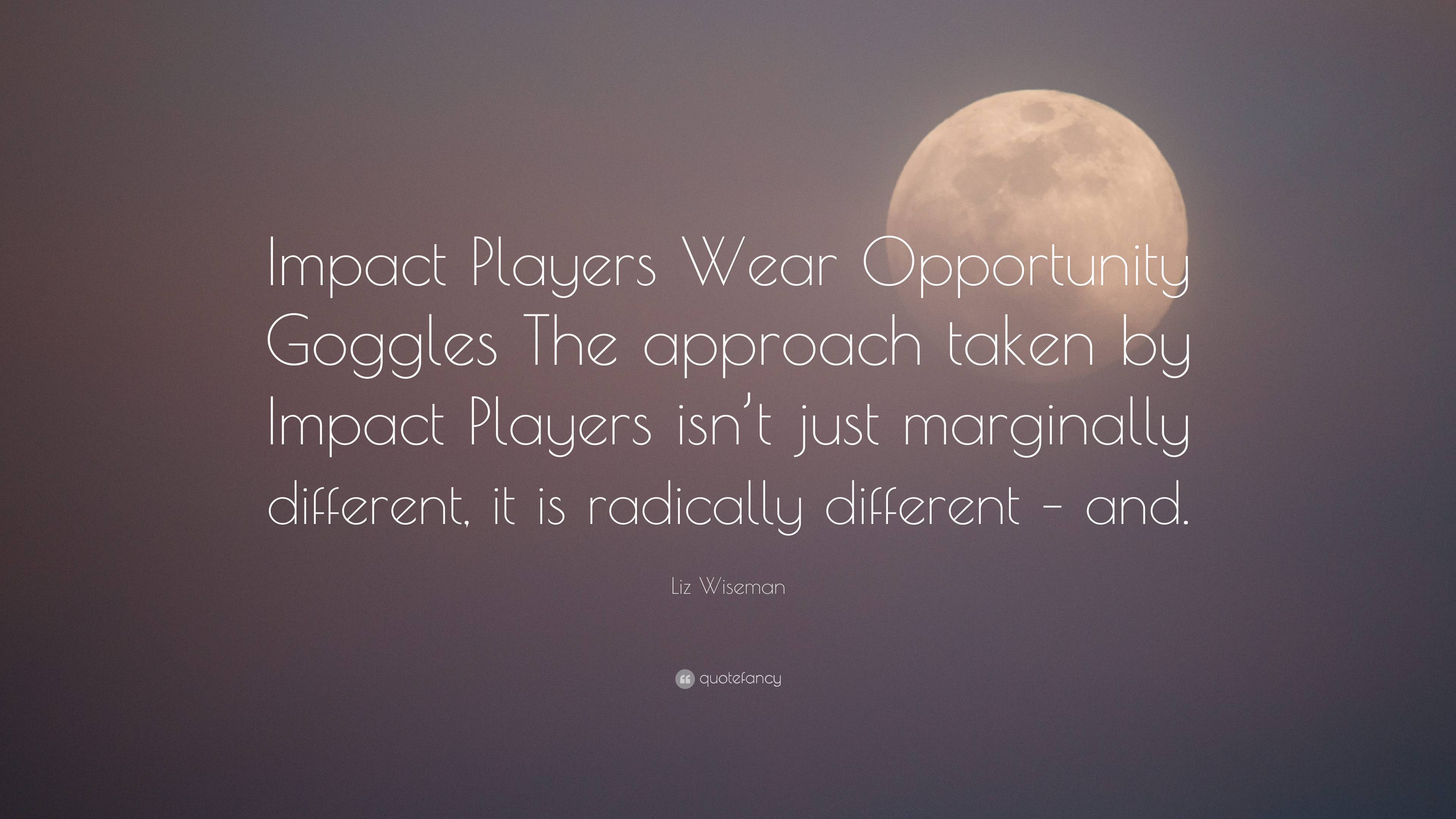Understanding Presidential Pardons: Case Studies From Trump's Second Term

Table of Contents
The Legal Framework of Presidential Pardons
The constitutional basis for presidential pardons lies in Article II, Section 2, Clause 1 of the U.S. Constitution>“[The President] shall have power to grant reprieves and pardons for offenses against the United States, except in cases of impeachment.”
This grants the President broad, but not unlimited, power. Presidential pardon power extends to federal crimes, encompassing a wide range of offenses, from minor infractions to serious felonies. However, this power is subject to certain limitations. The President cannot pardon someone convicted of a state crime; only state governors have that authority. Furthermore, the Constitution explicitly excludes pardons in cases of impeachment.
Historically, presidential pardon use has varied widely across administrations. Some presidents have exercised this power sparingly, while others have utilized it more frequently. Notable examples pre-Trump include President Gerald Ford's pardon of Richard Nixon, a decision that sparked considerable debate.
- Federal vs. State pardons: Federal pardons apply only to federal crimes, while state pardons apply only to state crimes. There's no overlap in jurisdiction.
- Limitations on pardons: Pardons cannot be granted for impeachment offenses. Furthermore, while a pardon wipes out the conviction, it does not erase the underlying facts of the case, and a pardoned individual may still face civil lawsuits related to their crime.
- The role of the Department of Justice: While the decision ultimately rests with the President, the Department of Justice typically plays a role in reviewing pardon applications, providing recommendations, and conducting background checks. This review process aims to ensure the pardon decision is informed and considers relevant legal and factual information.
Case Study 1: Roger Stone
Roger Stone, a long-time political strategist and associate of Donald Trump, was convicted in 2019 on charges related to obstruction of justice and lying to Congress during the Mueller investigation. His conviction stemmed from his actions related to the release of hacked emails from the Democratic National Committee during the 2016 presidential election.
Trump pardoned Stone in July 2020, a decision that was highly controversial. Critics argued that the pardon undermined the integrity of the justice system and appeared to be a politically motivated act to protect a close ally.
- Arguments for and against the pardon: Supporters argued that Stone was a victim of partisan persecution, while opponents pointed to the severity of his crimes and the importance of upholding the rule of law.
- Legal scholars' opinions: Many legal scholars criticized the pardon, arguing that it set a dangerous precedent for future administrations and potentially undermined the independence of the justice system.
- Impact on Stone's life: The pardon erased Stone's criminal conviction and prevented him from facing further legal consequences related to the case.
Case Study 2: Michael Flynn
Michael Flynn, Trump's former National Security Advisor, pleaded guilty to lying to the FBI during the Mueller investigation. His case involved false statements about his contacts with Russian officials during the 2016 presidential transition. Trump pardoned Flynn in November 2020, a move that generated significant controversy.
- Comparison to other similar cases: Critics compared Flynn’s pardon to other instances of presidential pardons, highlighting the seeming inconsistency in applying similar standards across cases.
- Political motivations: Many argued that the pardon was politically motivated, given Flynn's close ties to Trump and the president's repeated efforts to discredit the Mueller investigation.
- Long-term consequences: The pardon sparked debate about the potential impact on future investigations and prosecutions, raising questions about the impartiality of the justice system.
Common Threads and Patterns in Trump's Pardon Decisions
A recurring theme in Trump's pardon decisions was the selection of individuals who were either close political allies or figures involved in controversies related to his administration or the 2016 election. This pattern raised concerns about the potential politicization of the pardon power and its implications for the integrity of the justice system.
- Criteria for selecting pardon recipients: The lack of transparent criteria in Trump's pardon decisions fueled criticism, with many arguing that the process lacked consistent application of justice.
- Effects on public trust: The frequent use of pardons for politically connected individuals eroded public trust in the fairness and impartiality of the executive branch.
- Comparison with previous administrations: Comparisons with pardon practices of previous administrations highlighted the unusual frequency and apparent political motivation behind Trump's pardons.
Conclusion
The use of presidential pardons under Donald Trump's second term offers a compelling case study in the complexities and controversies surrounding this executive power. The legal framework governing pardons, though seemingly straightforward, is susceptible to varying interpretations and applications. The cases examined – those of Roger Stone and Michael Flynn – illustrate the potentially significant political ramifications and public reactions that can accompany such decisions. The perceived patterns and lack of transparency in Trump's pardon decisions raised concerns about the integrity of the justice system and the potential for the abuse of presidential power.
To foster a more informed public discourse, continued research and discussion on the use and implications of presidential pardons are crucial. For a deeper understanding of the intricacies of presidential pardons and their impact on the American justice system, continue exploring related resources and engage in thoughtful discussions on this important topic. Understanding the nuances of presidential pardons is crucial for informed citizenship.

Featured Posts
-
 Nhls Stanley Cup Playoffs New Partnership With Ndax Announced
May 16, 2025
Nhls Stanley Cup Playoffs New Partnership With Ndax Announced
May 16, 2025 -
 Jimmy Butler No Miami Focus Before Crucial Game
May 16, 2025
Jimmy Butler No Miami Focus Before Crucial Game
May 16, 2025 -
 Is Creatine Safe And Effective Exploring The Evidence
May 16, 2025
Is Creatine Safe And Effective Exploring The Evidence
May 16, 2025 -
 Boston Celtics 6 1 Billion Sale Impact On Players Fans And The Teams Future
May 16, 2025
Boston Celtics 6 1 Billion Sale Impact On Players Fans And The Teams Future
May 16, 2025 -
 Padres Vs Pirates Your Mlb Game Prediction And Betting Guide
May 16, 2025
Padres Vs Pirates Your Mlb Game Prediction And Betting Guide
May 16, 2025
